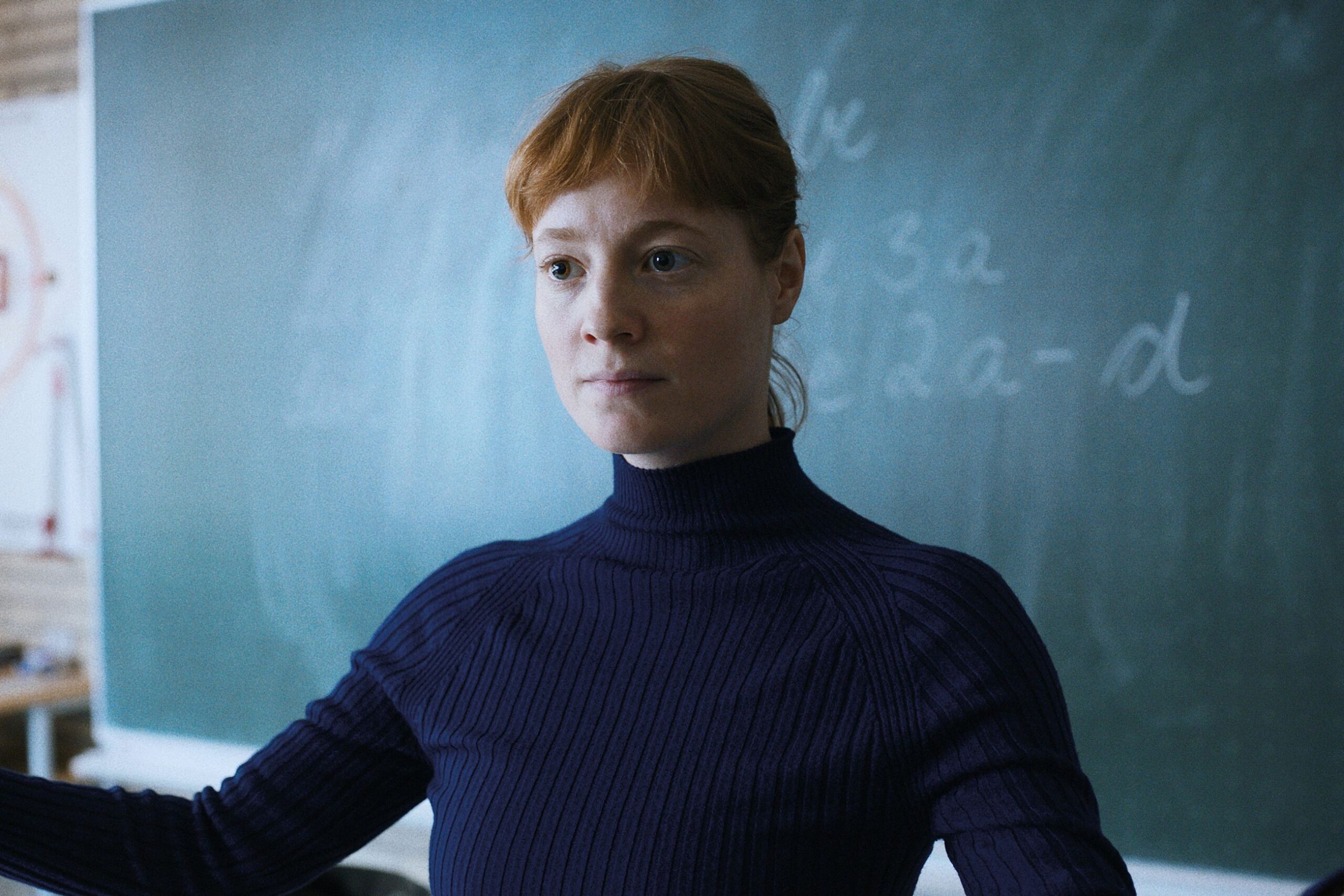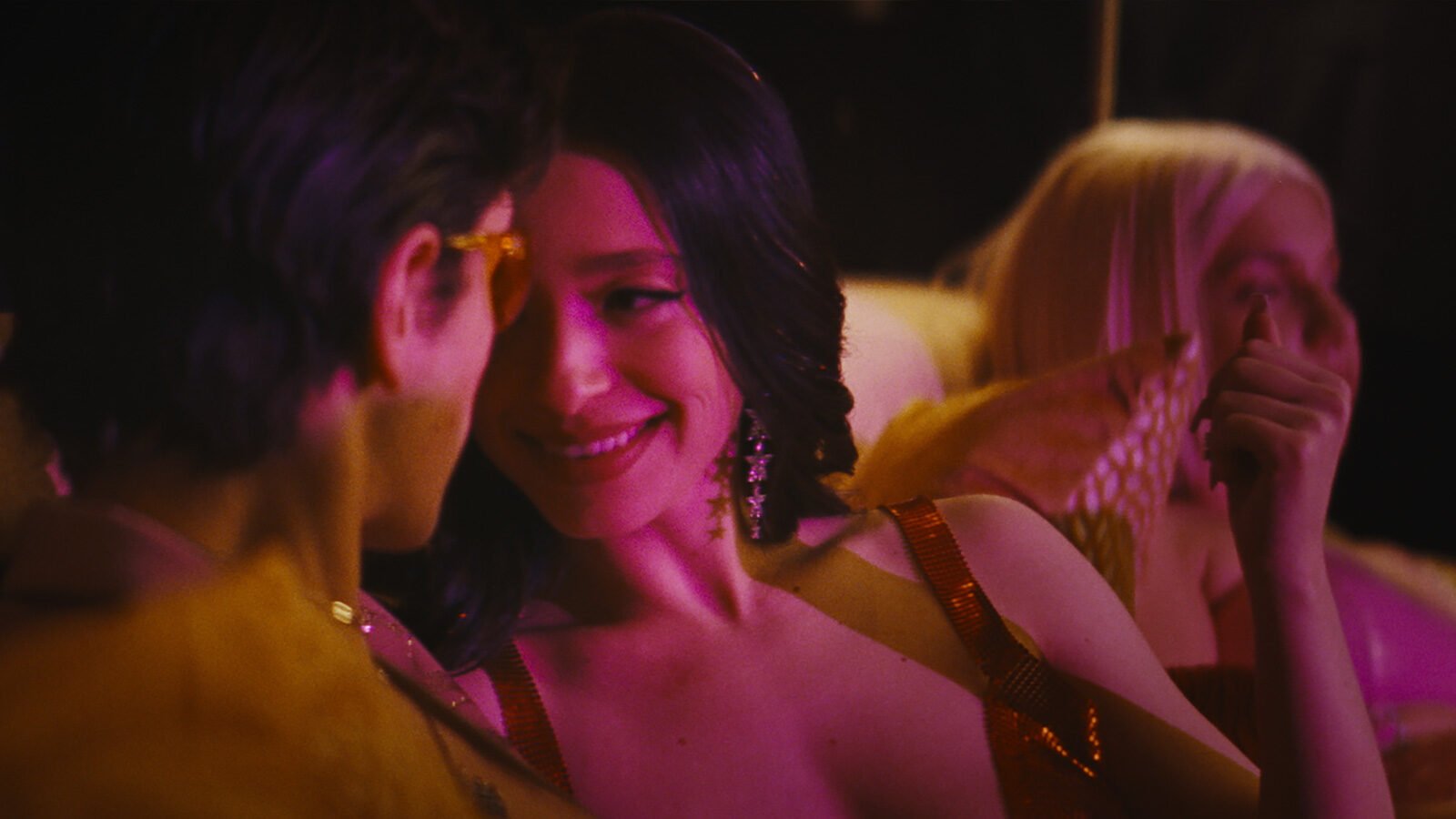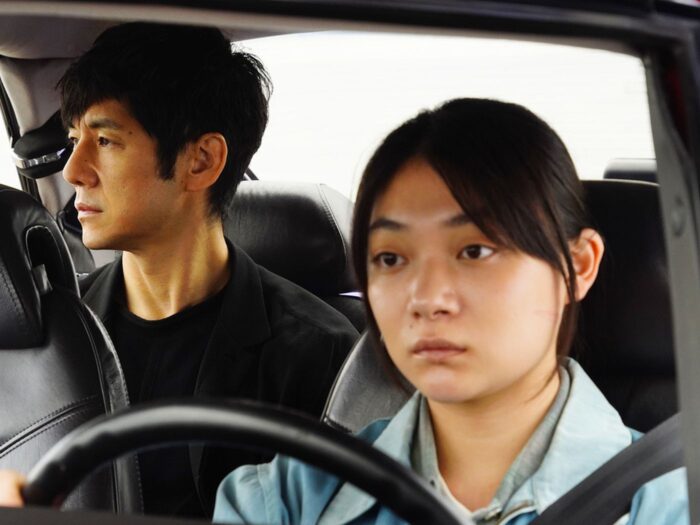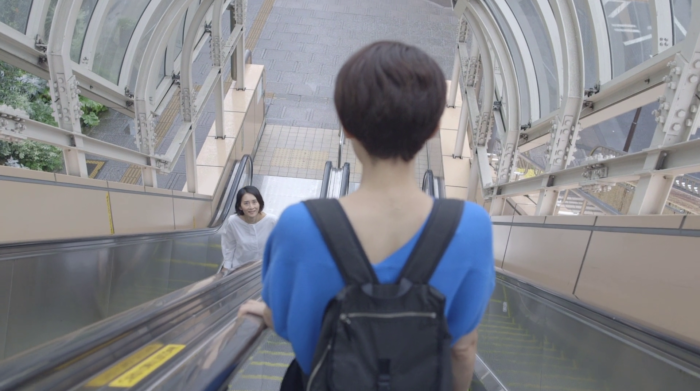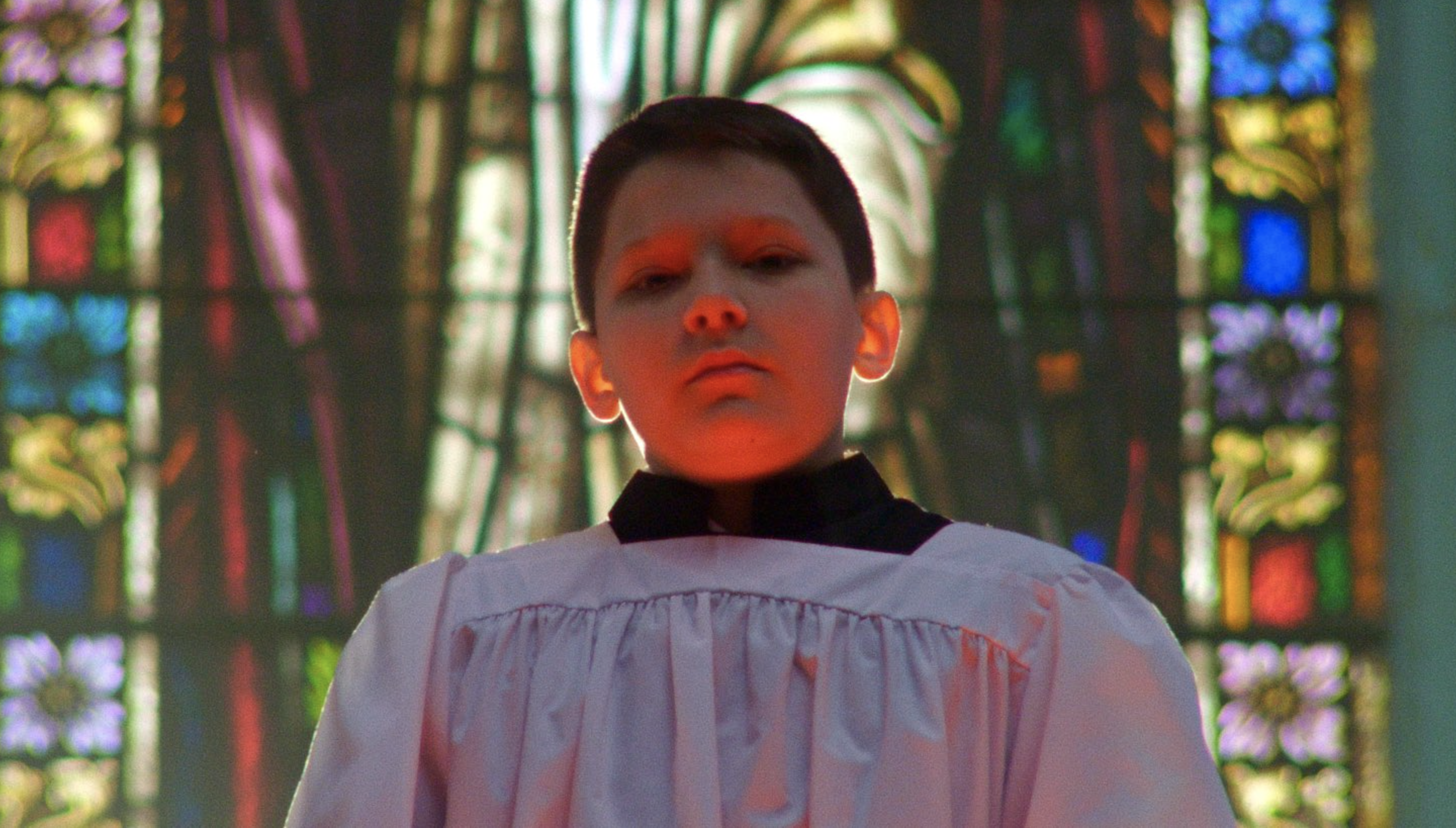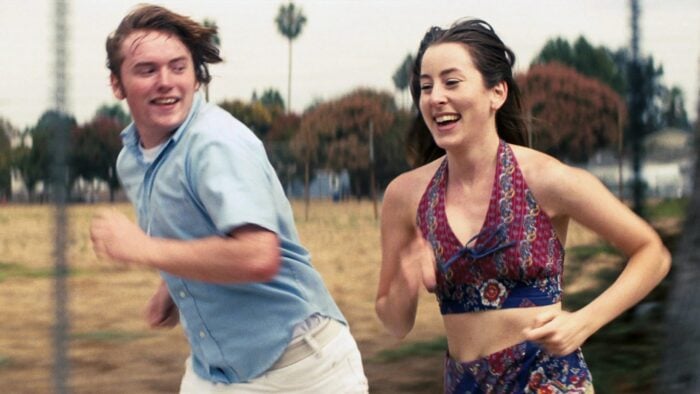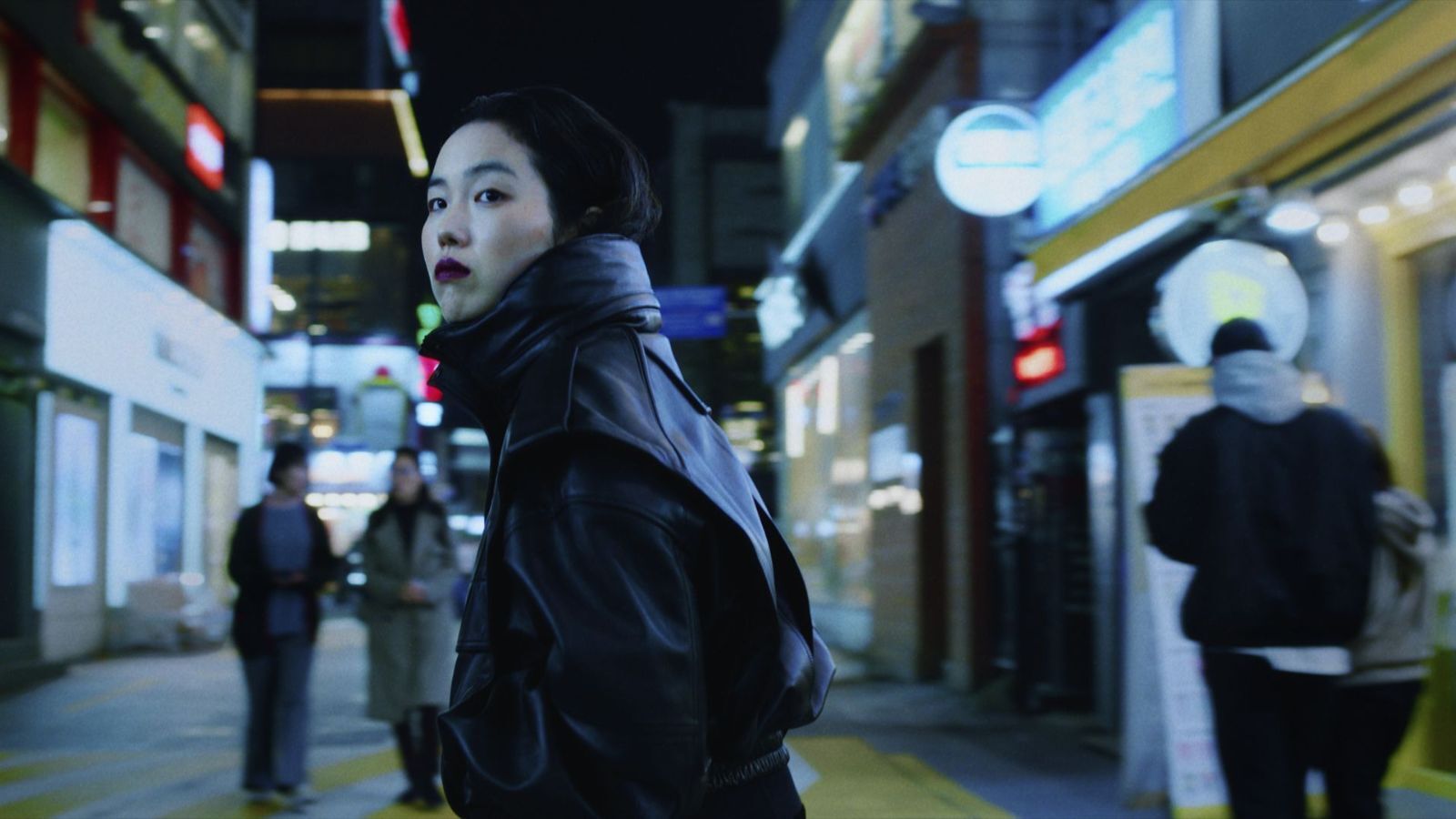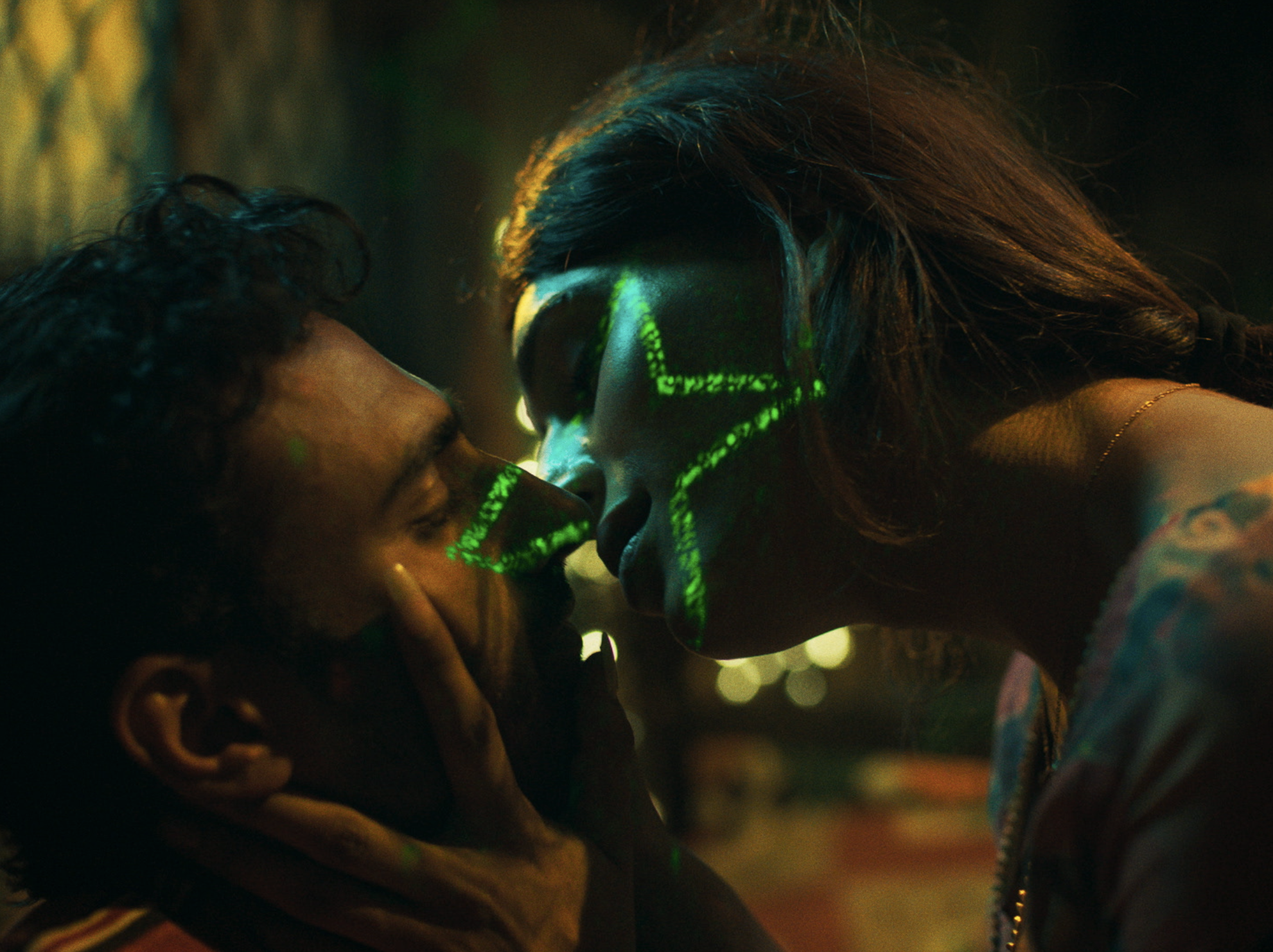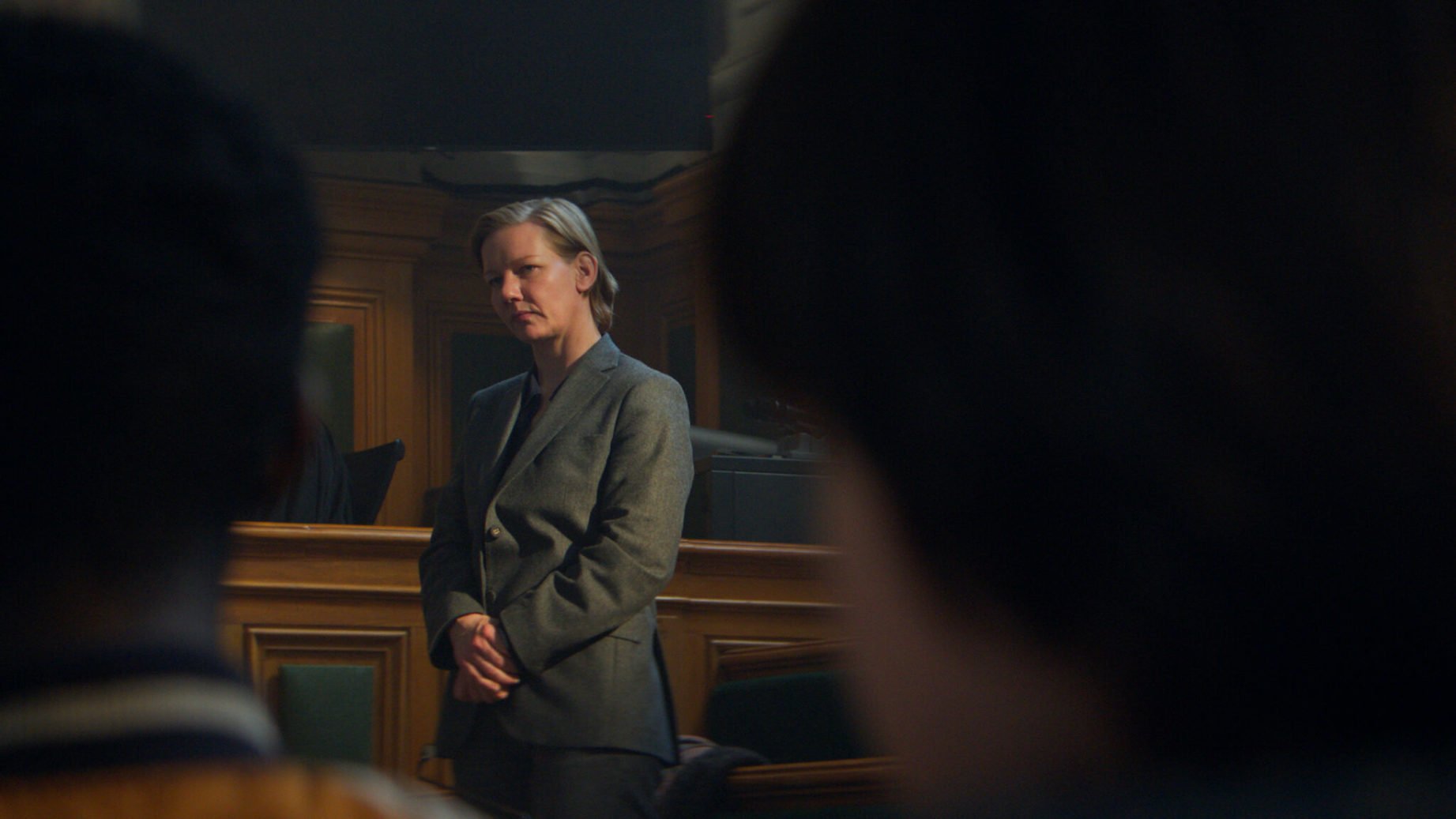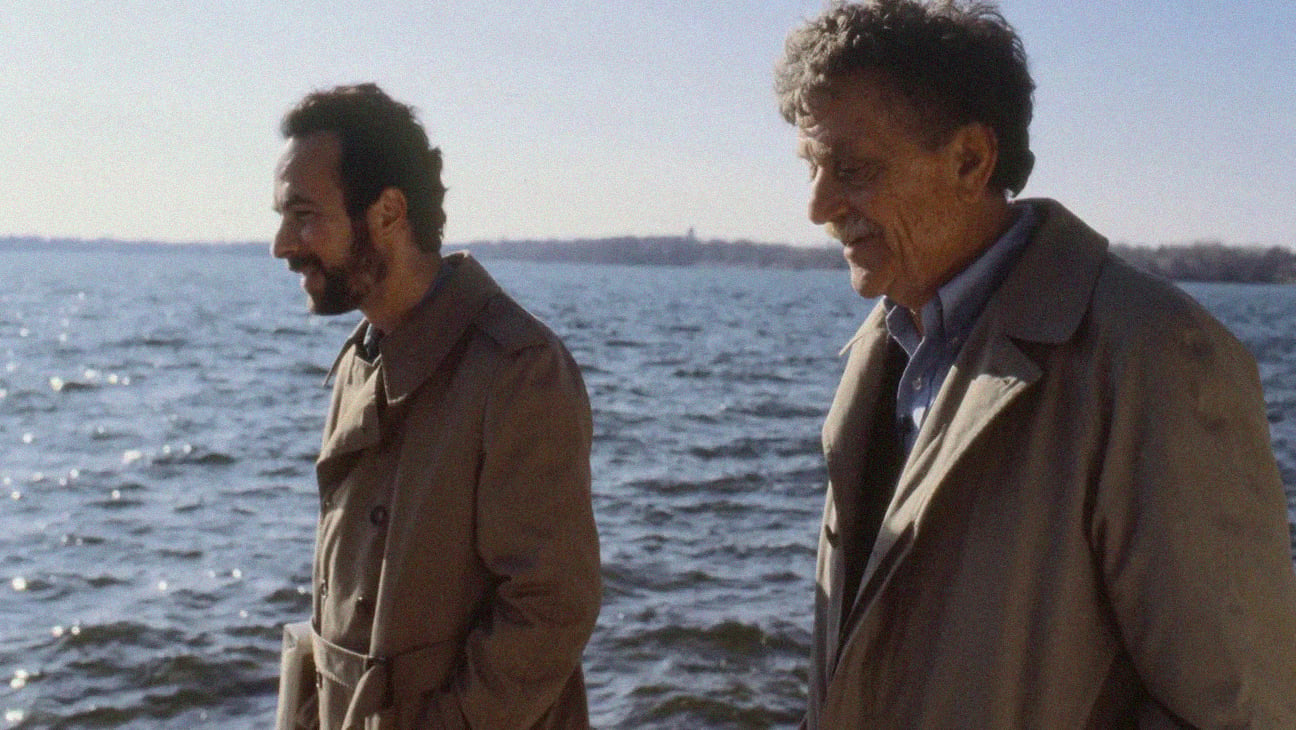
The Best Movies of the 2020s So Far
March 17, 2025
Share:
Saying that 2020 came with a bang just might be the understatement of the century. The year ushered in a global pandemic that upended all of what we knew in the modern world, forcing us to reconsider what we deemed as valuable and even good.
With more content than ever before, both filmmaker and filmgoer have seen a growth in discernment, and with that, a boost in standards. So far, this has meant more solid techniques, diverse perspectives, and empathetic takes. Below, we list the most notable titles that uphold these qualities—in other words, the very best movies of the 2020s.
Read also:
11. The Teachers’ Lounge (2023)
Genres
Director
Actors
Moods
The Teacher’s Lounge is one of those movies where a simple misunderstanding is blown out of proportion, so much so that it causes the fabric of a community to unravel into chaos. Aided by a precise score, it ticks like a timebomb, with every second filled with so much dread and anxiety you have to remind yourself to breathe. It’s an impeccable and taut thriller, but it also works as an allegory about modern-day surveillance and authority. Director İlker Çatak gives the Gen-Z students and their much older teachers a level field where they struggle for control, and the result is both bleak and funny. It’s often said that schools are a microcosm of the real world, but nowhere is that more apparent than here.
12. Anora (2024)
Genres
Director
Actors
Moods
One thing about director Sean Baker’s movies is that everything is rooted in class. Anora might charm as a romance, delight as a comedy, and dazzle as a realistic look into sex work, but at the end of the day, it’s a movie about labor, specifically exploitation labor, making the movie as painfully realistic as it is hopelessly romantic. It’s like the anti-Pretty Woman in that way. There’s no doubt it will have the same cultural impact (it’s already starting heated discourses on the internet) and will be remembered for just as long. The heated performances, breathtaking cinematography, and subtly hilarious script are all bonuses to this gem of a film.
13. Drive My Car (2021)
Genres
Director
Actors
Moods
In Drive My Car, a widowed artist travels to Hiroshima for his latest production. There he meets a young woman enlisted to drive him around the area. They forge an unexpected bond and soon share pithy observations and long-buried secrets, which culminate in a touching scene of catharsis and forgiveness.
Not a lot is said in this three-hour film, but when words (and signals) are shared, they are always underlaid with simple but transcendent truths. Drive My Car is a gripping film that explores love and loss in its own quiet way, at once intense and intimate.
14. Wheel of Fortune and Fantasy (2021)
Genres
Director
Actors
Moods
From Drive My Car director Ryusuke Hamaguchi comes another film featuring long drives, thoughtful talks, and unexpected twists. An anthology of three short stories, Wheel of Fortune and Fantasy ponders over ideas of love, fate, and the all-too-vexing question, “what if?”
What if you didn’t run away from the one you love? What if you didn’t give in to lust that fateful day? What if, right then and there, you decide to finally forgive?
Big questions, but without sacrificing depth, Hamaguchi does the incredible task of making every single second feel light and meaningful. Wheel of Fortune and Fantasy will leave you with mixed emotions: excited, startled, dejected, hopeful. But one thing you won’t feel is regret over watching this instant classic of a film.
15. Procession (2021)
Genres
Director
Actors
Moods
Difficult but essential viewing, Procession tracks the progress of six men undergoing art therapy—specifically, by creating short filmed scenes to process their trauma from being sexually abused by Catholic priests. The resulting films we get to see are wildly varied in the emotions they express, forming a rich and powerful tapestry of the effects abuse can leave on individuals. And to see these men confront the worst events of their lives through filmmaking begins to feel like validation for filmmaking itself, that it can truly be an art form that changes and saves lives. But even more striking, somehow, is the unbreakable bond that forms among these survivors throughout this entire process, captured with reverence and overflowing compassion by director Robert Greene.
16. Licorice Pizza (2021)
Genres
Director
Actors
Moods
Poignant, delightful, and simply gorgeous, Licorice Pizza just might be Paul Thomas Anderson’s best work to date. The period dramedy follows two young people, one in her 20s and one in his teens, as they strike an unlikely but lovely friendship and try to find their place in the world. They may be 10 years apart, but they’re stuck in the same swirl of rejection and confusion that trap a lot of ambitious people like them. The premise is far from original, but Alana Haim and Cooper Hoffman turn in captivating performances (made even more impressive by the fact that this is both their film debut). There is an ease and naturalism to both their chemistry and onscreen performances that’s hard not to love.
The thick and wistful patina of the ‘70s, the comedic asides, and the colorful supporting cast all also help paint an overall charming picture that shouldn’t be missed.
17. Return to Seoul (2022)
Genres
Director
Actors
Moods
In both documentaries and films, adoptees meeting their biological parents for the first time is an event often painted in a sweet light. Never mind the child’s mixed feelings about it or the tragic reality that caused the split in the first place—it’s a reunion between family members, so it must be unequivocally special. In Return to Seoul, director Davy Chou doesn’t just debunk that myth, he subverts it by making the adoptee, Freddie, as unapologetically complex and emotionally enigmatic as possible. She resists affection but wallows in loneliness. She craves reinvention but stays in the same place for years. She’s in constant motion while being absolutely stuck in life. In other words, she’s a realistic embodiment of a person struggling to find some semblance of home. Chou displays an intimate understanding of the foreign experience, and he couples it with captivating cinematography, a rousing soundtrack, and fantastic performances across the board to make a daring, inventive, and thoroughly exciting film.
18. After Love (2020)
Genres
Director
Actors
Moods
After Love is a beautifully powerful and quietly moving outing by emerging British filmmaker Aleem Khan. It follows Mary (Joanna Scanlan), a white Muslim convert who discovers a life-changing secret her husband has managed to keep from her all these years.
Without spoiling anything, I will say that After Love is charged with the sort of deep-seated emotion we sometimes don’t know how to express. It’s also a powerful reminder that there’s no one way to love or grieve or celebrate the people around us; sometimes, there’s just feeling. And Scanlan does a wonderful job of restraining then conveying all of that in devastating and commanding moments throughout the film, a feat that earned her the much-deserved best actress award at the 2021 BAFTAs.
19. Joyland (2022)
Genres
Director
Actors
Moods
Joyland is groundbreaking on nearly all accounts. It’s the first Pakistani film to premiere at the Cannes Film Festival and to be shortlisted for an Oscar. Its forthright depiction of trans life and gender identity provoked the ire of local authorities, but it also inspired a nationwide movement (#ReleaseJoyland) that fought against censorship. It’s understandable, then, if the film is remembered for these disruptive achievements alone, but it should be noted that Joyland, as it is, is simply a stunning piece of cinema.
Every scene is beautifully blocked and vibrantly lit, like a painting come to life, and every one of them is rich with meaning; there’s not a second we’re not diving deeper into the wonderfully complex lives of these people, all of whom are exploring sexuality and independence as best they can in a restricted environment. And sure, Biba and Haider’s relationship takes center stage as it reveals the nuances of queer love, but Joyland just as deftly tackles toxic masculinity (and how it’s a specter that haunts Haider’s household), domestic labor (and how it largely goes unnoticed), and female solidarity (and how it can literally save a girl’s life). Heartbreaking and lovely, this a family saga in that it’s as much about Haider’s family as it is about him, and it’s a shame if it weren’t remembered as such.
20. Anatomy of a Fall (2023)
Genres
Director
Actors
Moods
You would expect a courtroom drama to be built around damning pieces of evidence, passionate speeches, or certain social issues lending weight to the investigation. But what makes Justine Triet’s Palme d’Or-winning Anatomy of a Fall so remarkable is how direct it is. Triet doesn’t treat this case like a puzzle for the audience to participate in solving; instead she fashions this trial into a portrait of a family being eroded by even just the suggestion of distrust. It ultimately has far less to do with who’s responsible for the death of a man, and more to do with the challenge of facing the reality that the people we love are capable of being cruel and callous to others.
Which isn’t to say that Anatomy of a Fall doesn’t still possess qualities that make it a great courtroom drama—doubt only continues to pile up with every new piece of information that’s revealed to the audience, until we begin to interpret characters’ expressions and actions in a contradictory ways. But the way Triet executes these reveals is just so skillful, choosing precisely how to let details slip and obscuring everything behind faulty memory, intentional dishonesty, or any other obstacles that usually come up during an investigation.
Read also:
Comments
Add a comment
Ready to cut the cord?
Here are the 12 cheapest Live TV streaming services for cord-cutting.
More lists
Lists on how to save money by cutting the cord.
Curated by humans, not algorithms.
© 2025 A Good Movie to Watch. Altona Studio, LLC, all rights reserved.
